Wuling Macaron in the US
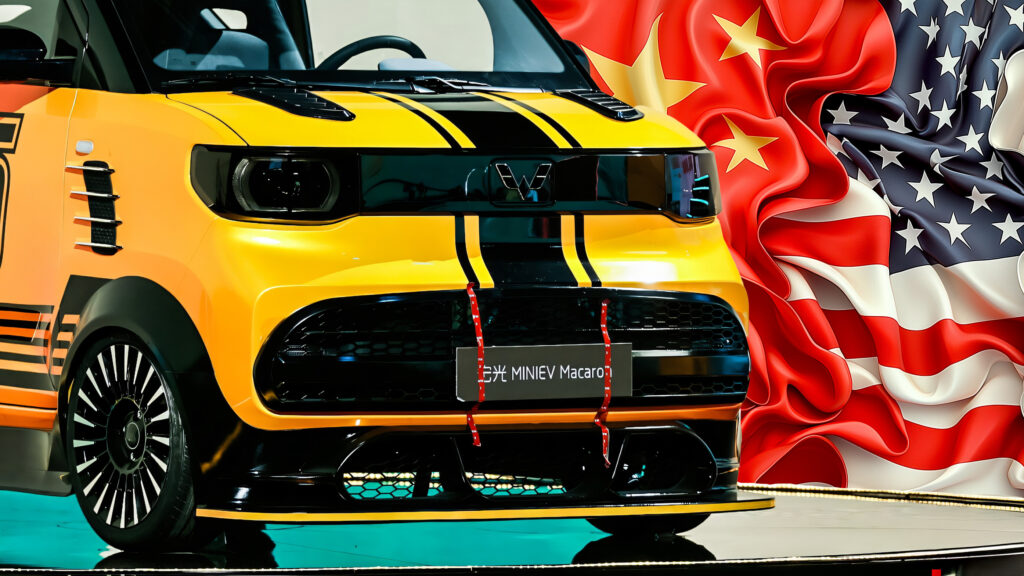
The story begins with an unusual hero, John Karlin, who found a way to import a Chinese-made electric vehicle, the Wuling Hongguang Mini EV Macaron, to the United States despite significant import barriers. This tiny car, priced around $8,000, became the center of a legal adventure that began in 2021.
Tariffs and Trade Wars
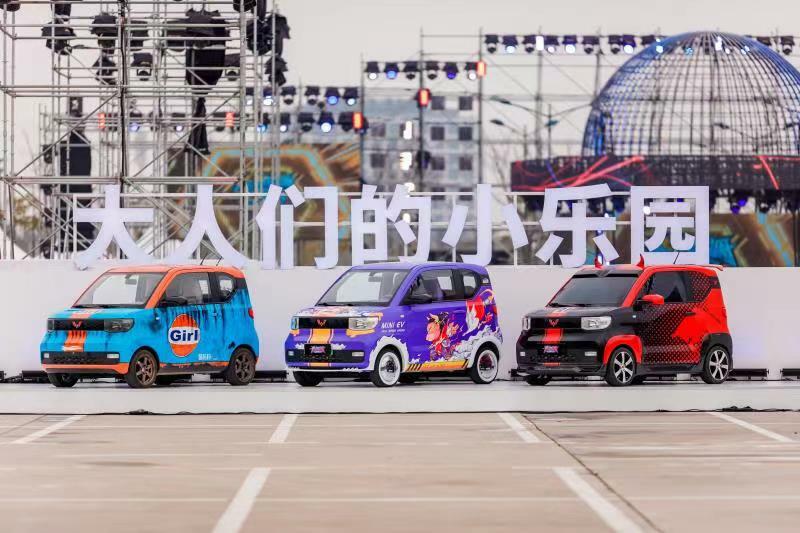
The backdrop of Karlin’s quest is the ongoing trade tension between the United States and China. To curb the influx of cheaper Chinese vehicles, the US government, under President Biden, raised tariffs on Chinese cars from 25% to a whopping 100% in 2024. This was meant to protect domestic manufacturers from these competitive imports. Donald Trump followed up with a 25% tariff on all non-US made vehicles, piling on the taxes for any dreams of Chinese EVs flooding American streets.
Finding a Loophole
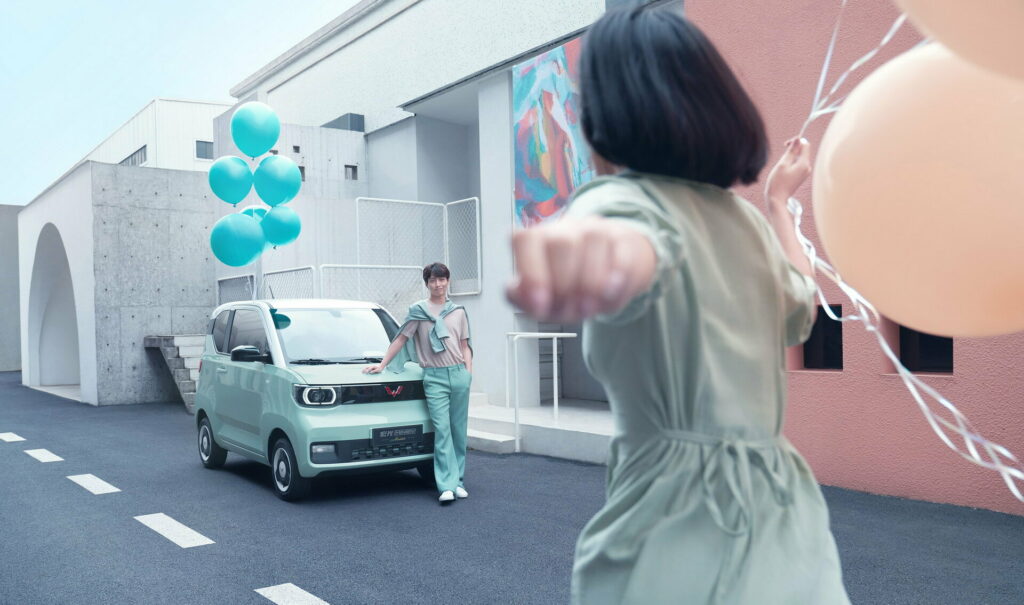
Karlin discovered a crafty way to bring the Macaron stateside legally. Since US federal laws make it nearly impossible to import recent foreign vehicles legally, he turned to state-level regulations. States like Oklahoma have laws allowing the registration of “low-speed vehicles,” limited to 35 mph, typically for street-legal golf carts or farm vehicles. By limiting the top speed of his Macaron, he managed to get it registered, marking it as one of the rare Chinese models legally driving on American roads.
Driving Experience
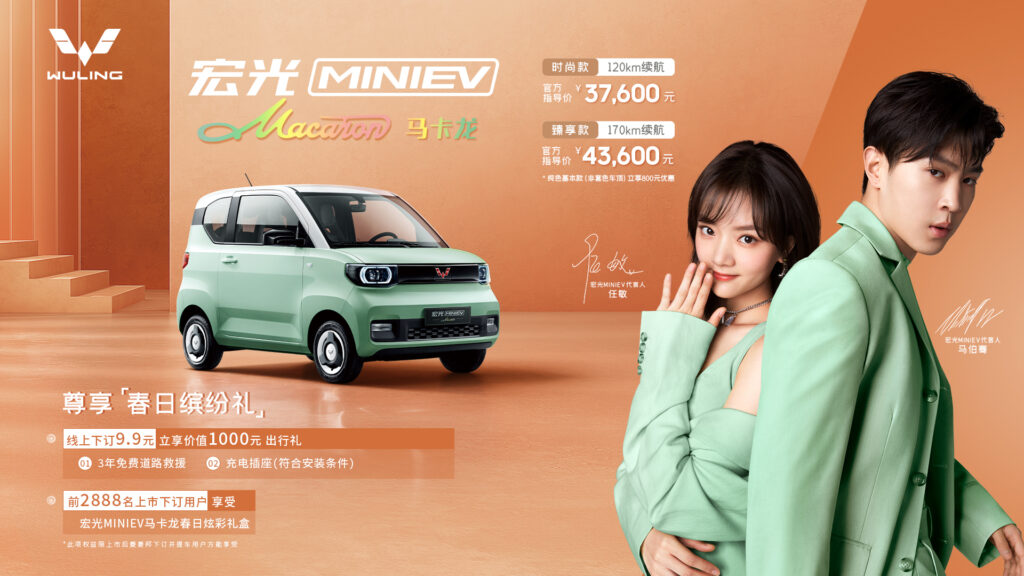
The Wuling Macaron may not be built for speed, but its nimble size and electric efficiency make it ideal for city commuting. Its compact dimensions allow for easy parking, much like zipping around in a glorified go-kart. Yet, calling it just a golf cart would be an injustice; the vehicle is filled with modern features unexpected at this price point. It doesn’t ride like a high-performance Tesla Model 3, but its cost-efficiency and charm make it appealing for short-range suburban adventures.
Why It Matters
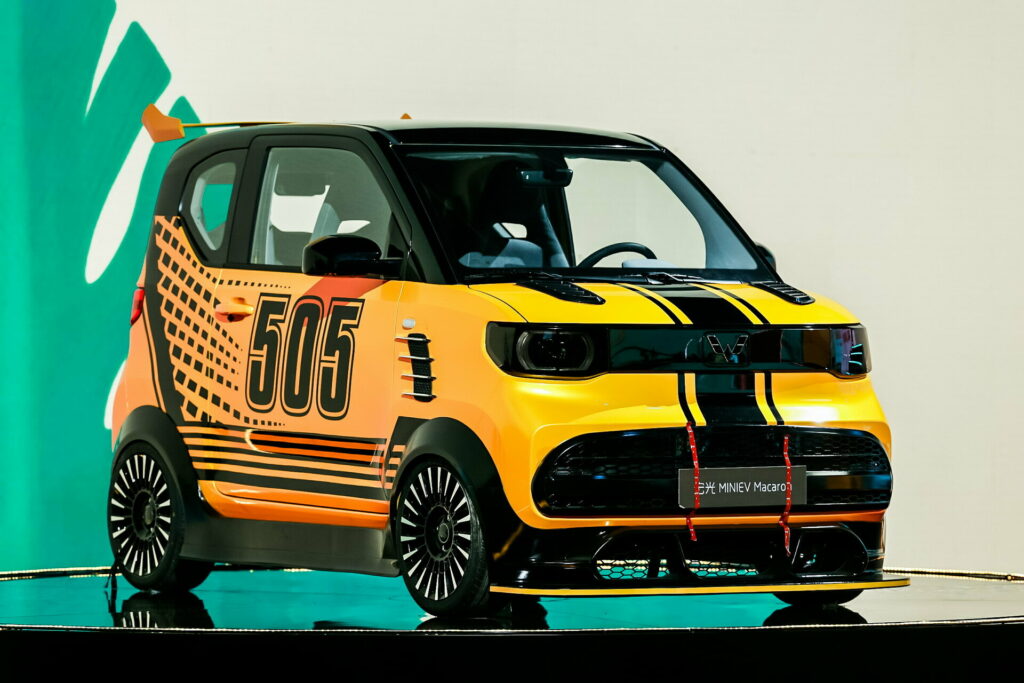
Karlin’s journey highlights the complexities and creativity involved in navigating import laws and automotive regulations. It also sets a precedent for how individuals might leverage state laws amid stringent federal restrictions. While this Wuling Macaron tale might seem like a one-off success story, it hints at larger possibilities for future vehicle imports amidst geopolitical trade battles.
Market Impact
Despite the success of bringing one Wuling Macaron over, broader implications remain uncertain. As tariffs escalate, the costs associated with importing such vehicles rise, deterring similar ventures. Still, the episode underscores an underlying demand for affordable, efficient EVs in the US market. It’s a compelling saga of determination against a backdrop of political crossfire and economic protectionism.
Whether this Macaron marks the beginning of a new wave in the US automotive landscape or remains a unique anecdote depends heavily on future shifts in trade policies and innovations within the EV sector.
Audi Q9 Unveiled
Lambo's Off-Road Gem
Urus Powers Sales
Kawasaki Unveils Corleo
Electric SUV Contender